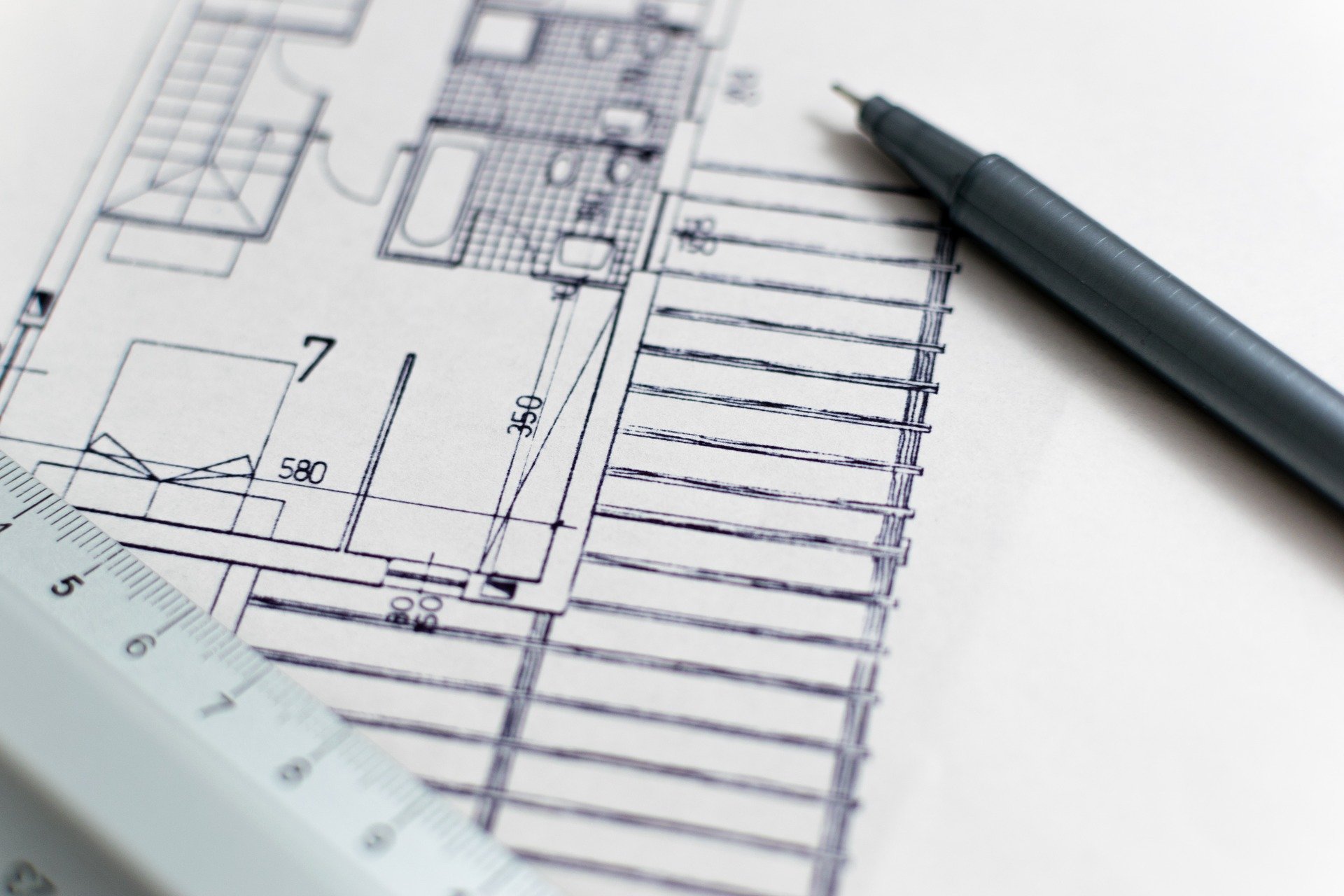by Dr Carlos Bugeja – Partner
For one to make a development, one has to apply for a planning permit.
Planning applications are brought before the Planning Board, which is tasked by law (article 72(2) of Chapter 552 of the Laws of Malta – the Development Planning Act) to determine the merits by taking account of the plans submitted, the planning policies, regulations made under planning law and any other material consideration, including surrounding legal commitments, environmental, aesthetic and sanitary considerations, which may be relevant. The Planning Board shall also consider representations (known as ‘objections’) made by third parties, as well as the representations and recommendations made by board, committees and consultees so appointed in terms of the law.
On the other hand, the Planning Board is generally not required to verify the suitability of the title which the applicant purports to have, nor shall it consider issues which are ‘private’ between the parties. Indeed, the law states (article 72 (1), Chapter 552) that any development approved shall be without prejudice to third party rights and shall not in any manner constitute or be construed as a guarantee in favour of the applicant as to the title to the property. Therefore, theoretically speaking, an application may be one that satisfies all planning considerations and so the application is approved. But that does not mean that the applicant is free to initiate his development. Any rights belonging to third parties (for instance, the right not to have windows abutting onto one’s airspace) remain, and are not nullified by the issuance of the planning permit. A planning permit is not the beginning and the end of what is required for one to build. Any third party rights (either emanating out of contract or from the provisions of the Civil Code, among others) still need to be respected. So for instance, you will find many approved applications having apertures which are perfectly compliant with planning laws, but which create illegal servitudes unto third parties, and can thus be challenged in a court of law. Simply put, planning law takes account of planning issues, while third party rights are the exclusive competence of our courts.
This does not mean that an applicant may freely make misrepresentations as to his rights on a property. According to article 71 (4) of Chapter 552, an applicant shall – in his application – certify that: (i) he is the owner of the site or that he has notified the owner of his intention to apply, this by means of a registered letter, shall also certify that the owner has granted his consent to such a proposal; or that (ii) he is authorised to carry out such proposed development under any other law or through an agreement with the owner. So technically speaking, one is not required to be the owner to apply for a permit, as long as the owner has consented or as long as he is allowed by law to carry out such a development. This for instance allows prospective buyers on a promise of sale agreement to apply for a permit in their own name.
One however must not lie; a permit issued on the strength of an untruthful declaration may possibly be revoked through the procedure established in article 80 of Chapter 552 of the Laws of Malta.
This initial declaration of ownership/consent in the application is very important. Despite the fact that it has been stated time and time again that all planning permits shall be issued saving third party rights, this did not mean that the Planning Authority was free not to verify that consent was actually granted when the applicant was not the owner. Recently, in the judgment of Kingsway Palace Company Limited vs l-Awtoritá tal-Ippjanar et, the Court of Appeal described the duty of the Planning Authority in this respect:
Hu minnu illi kwistjonijiet ta’ kontestazzjoni fuq titolu mhux fil-kompitu tal-Awtorita jew it-Tribunal li jikkunsidrahom u jiggudikahom. Pero dan ma jfissirx illi fejn applicant qed jissottometti li ghandu permess tas-sid moghti permezz ta’ ftehim kontrattwali u ghalhekk mhux mehtieg il-kunsens tas-sid ghall-izvilupp dan ma ghandux jigi mistharreg u dan semplicement ghax hi l-ligi tal-ippjanar stess li taghti dan id-dritt lil applikant. It-Tribunal bhall-Awtorita ghandu l-obbligu li jqis din is-sottomissjoni.
Jekk prima facie jirrizulta dan il-jedd b’mod car u bla kondizzjonijiet jew limitazzjonijiet, allura l-Awtorita u t-Tribunal ghandhom l-obbligu li jiddeciedu l-applikazzjoni fuq ilmertu taghha mill-lat ta’ ippjanar. Wara kollox l-ghoti ta’ permess mhux garanzija ta’ dak li l-Awtorita u t-Tribunal qiesu bhala prova ta’ titolu fuq bazi prima facie biss. Li ma ghandux jaghmel it-Tribunal hu li jinterpreta jew iqis jew inkella jinjora kwistjonijiet ta’ natura civili li jitqajmu u li fuqhom hemm dizgwid bejn il-partijiet specjalment fejn hemm proceduri legali gia mehudin.”
Once the law made it a condition for the non-owner to seek consent from the owner, the Authority has to consider legal issues, at least from a prima facie perspective, to verify whether there is the required consent.
___________________________________________
Disclaimer: This article is not to be considered as legal advice, and is not to be acted on as such. Should you require further information or legal assistance, please do not hesitate to contact us on info@abalegal.eu.
